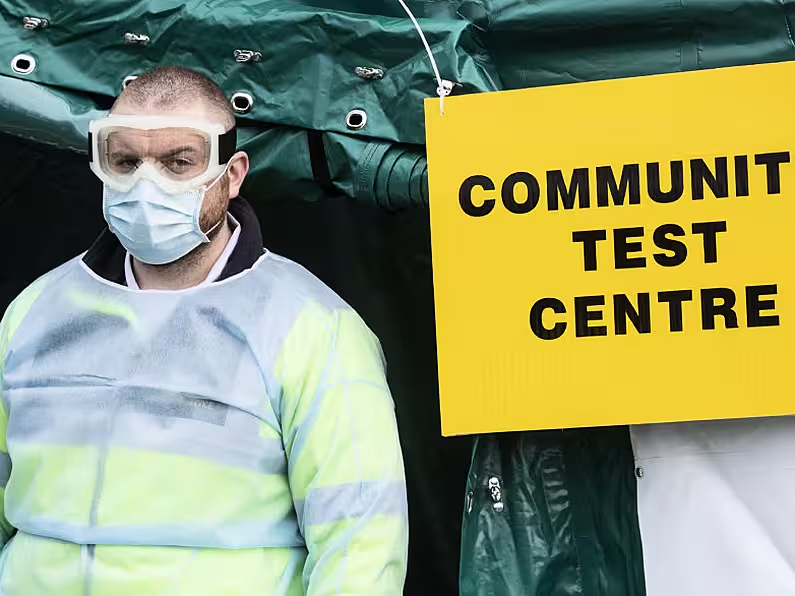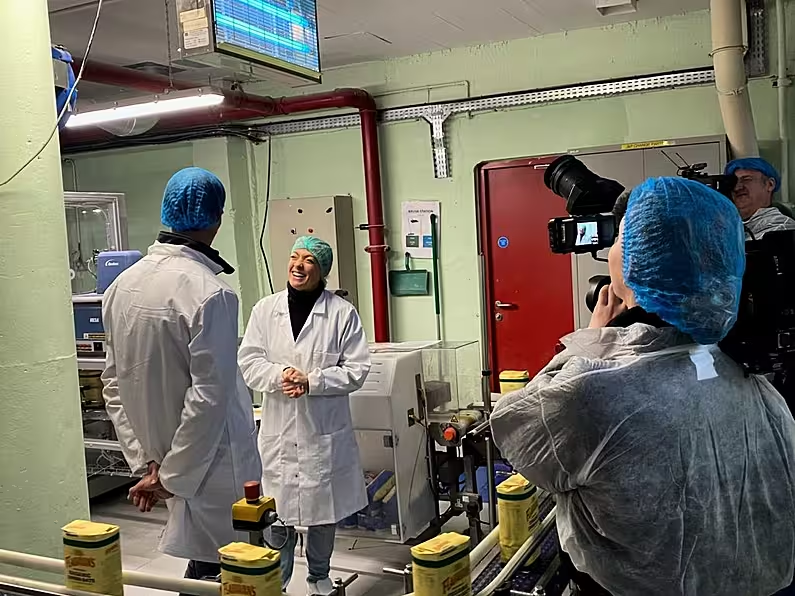Vivienne Clarke
There have been a further 16,986 confirmed cases of Covid-19, the Department of Health has said.
As of 8am on Monday, there were 804 patients in hospital with the disease, an increase of 87 on the previous day, with 93 in intensive care, up six.
The Department of Health said these figures were “provisional” due to the high incidence of the disease.
It comes as the chief executive of the Irish Business and Employers Confederation (IBEC) Danny McCoy has warned of the pressure on the critical supply chain as a result of the high levels of staff being absent from the workforce because of the Omicron variant.
The proportions of staff absent from work in the food manufacturing and the retail distribution sectors were 15-18 per cent he told RTÉ Radio’s Morning Ireland. “That's of the businesses that are open and that we know about,” he explained.
Given the current level of cases, and because of the current isolation period of 10 days, the number of staff absent from work was likely to keep building, he said.
“It looks like for every one positive case you may have up to three close contacts and sometimes they will be asymptomatic with negative antigen tests. That's where a lot of the stress is coming from, particularly in critical supply chain issues.”
Mr McCoy said some companies may not open this week: “What we're seeing on this occasion is the scale of people getting caught up in the close contact rules. The supply capacity is going down right across the economy.
"Some of those are fairly critical, that's why the Government and the health authorities need to act fairly quickly this week to give some guidance."
Derogations
Mr McCoy added: "The derogations might be very important in particular industries - they just have to be there to make sure that the supply chains are actually working.
“Look at other jurisdictions that have had to deal with the so-called pandemic effect - they've reduced the isolation periods, to be adaptive, to learn from what's happening with the virus, to learn in real time and to do it quickly.
“That's one of the frustrations we're getting from employers, we can see this wave coming and the problems that will be there. It's best that it be done on the move."
Mr McCoy said it is unclear whether PCR or antigen test are required, while frustrations have also been raised regarding employers being unable to ask if their employees are vaccinated.
“We need guidance and we need it in real time as people start to come back after the Christmas period in manufacturing in particular, which is really crucial to the economy,” he said.












